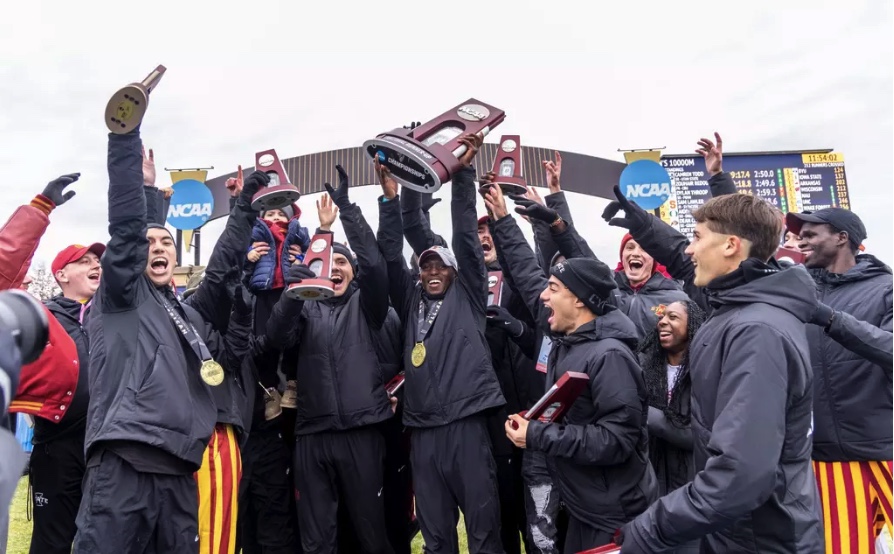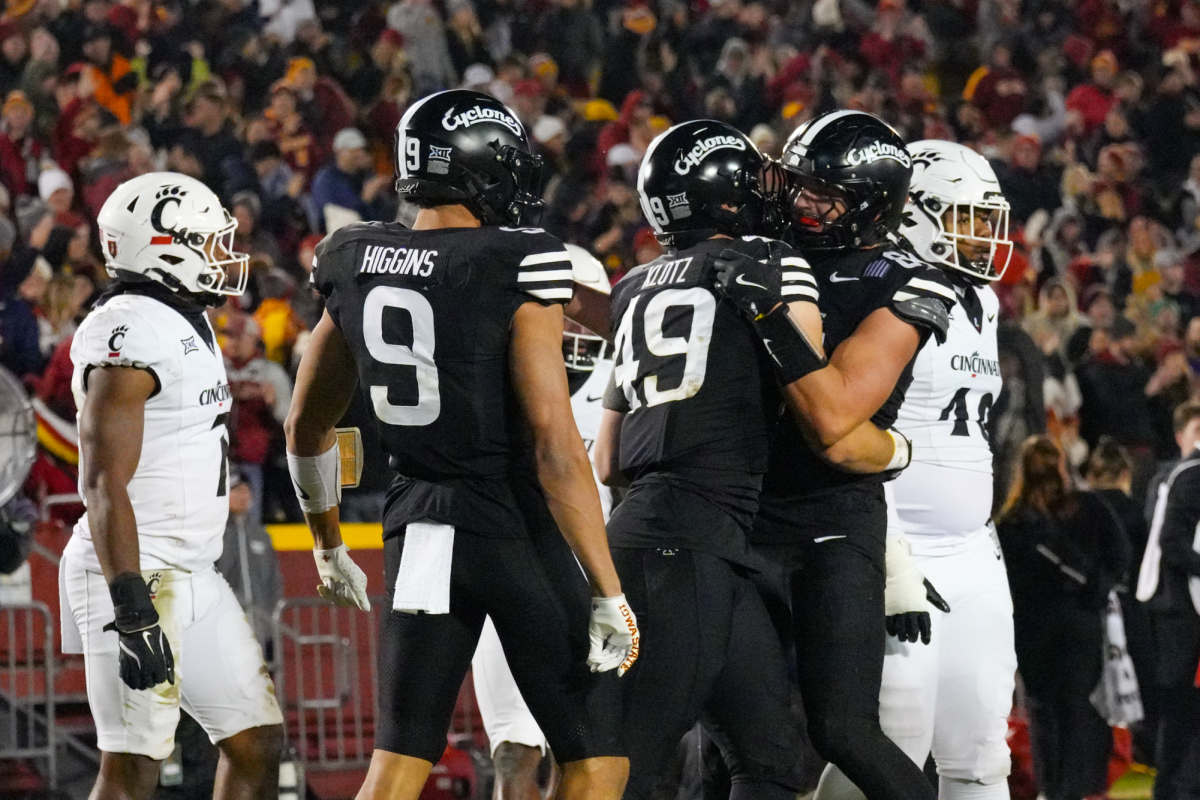COLUMN: Buffet ban won’t curb binge drinking
February 21, 2003
It shouldn’t take a drunk to disagree with the City Council’s proposed ban on drink specials. Well, at least I don’t think I’m a drunk. The last time I violated the general food-stays-in-the-stomach rule was back when I was a teenager in Denmark and thought, like every other 110-pound American teenager barely into puberty who has never drank before, that I could party it up with the Danes. I ended up ruining the flowers by the windowsill and giving my host family countless stories to tell their friends, but since then I’ve decided that less is good when it comes to me and alcohol.
So I’m not concerned about the lack of cheap beer that this ordinance will lead to. And I think the bars will survive despite not having the lucrative profits that come from selling “penny pitchers.” The real concern is that this ordinance is useless — which I realize in this day isn’t a good enough excuse for it not to be passed — but let’s try thinking harder if we really want to fix Ames’ alcohol problem.
Binge drinking is obviously harmful. A Harvard study released last year showed that the one in four people who frequently binge (more than four drinks, more than once a week) are involved in more than 60 percent of alcohol-related injuries and property damage. So the City Council and the ISU Substance Abuse Prevention Committee are right to want to curb it.
But this is not the way to do it. Of course banning drink specials will reduce drinking and alcohol-related crimes in Campustown. But if there were one place where I wanted the dangerous drunks to be, it would be in Campustown, where there are bartenders and cops to keep them in check. If the main effect of this ordinance is that more people buy at liquor stores and do their cheap boozing in private, unregulated house parties, then that’s a victory only for the Campustown street sweepers.
We can learn something from the mistakes of Iowa City. Their council debated for a couple years before passing an ordinance against drink specials. A year later, the general consensus is that the ordinance is worthless.
Councilor Steven Kanner told me the ordinance was doomed to fail because no set goals or measurable criteria were proposed so that they could know if the ordinance was actually working, and he “didn’t have a lot of faith” that they would learn from their mistake now.
So the Iowa City City Council, realizing the ordinance’s failure, decided to take steps toward drafting a 21-only law for the city’s bars this Monday. I had the impression that stopping underage drinking was their real motive behind the initial regulations.
In Ames — theoretically — we don’t have this problem with our bars, and yet a representative from the Substance Abuse Prevention Council used residence hall statistics to show the City Council that binge drinking was rising and therefore, 21-only bars should stop having drink specials.
Linking 21-only bar specials to the binge-drinking of dorm residents is like linking marijuana use to supporting al-Qaida — it’s a good way to make something seem more wrong than it is. Even though the logic is shaky, it’s a smart tactic here because there aren’t many studies that examine the effect of banning drink specials on the overall alcohol consumption at a college.
There are, however, other numbers that the City Council and Iowa State might consider if they want to reduce binge drinking. For example, the Harvard study shows that sports fans are more likely to binge than nonfans. Should we tell McCarney to stop beating Iowa before football fans drink themselves into oblivion? Or, since fans drink in order to shake off a loss, perhaps we should slap Eustachy with hefty fines whenever his team loses. That could be the kind of incentive our teams need to bring home championships.
The whole point of this is to show how ridiculous it can get when we punish everyone except the lawbreakers. I’d like to think we are still a society that can roll its eyes when someone sues McDonalds for causing his or her obesity, but we move further away from that kind of sanity when overbearing, thoughtless legislation like this is passed.
Instead of making a law that has no measurable effect, maybe the City Council should focus on enforcing existing laws that punish the people who really deserve it. If students can’t afford drinks more expensive than dollar draws, then they definitely can’t afford $100 fines and time in jail.
The bill is up for its second out of three readings at 7 p.m. Tuesday. Students can show up at City Hall and voice their opinions — we are fortunate that unlike some other cities, our city council did not wait until school was out of session before pushing this bill through.
But the main responsibility lies on the City Council. It’s time to do the right thing and drop the proposed ban. Not because the students and bars are complaining, but because the alcohol problem in Ames deserves a better solution.
Dan Nguyen is a senior in computer engineering and journalism and mass communication from Iowa City.






